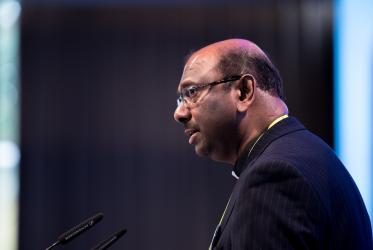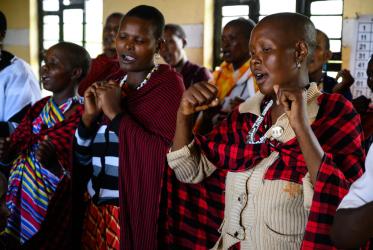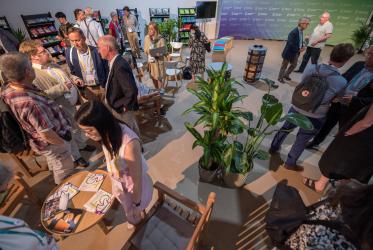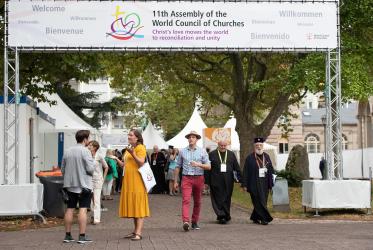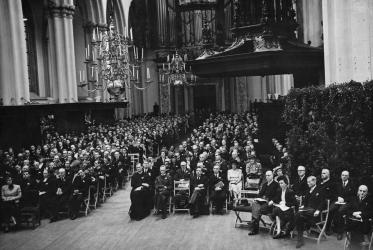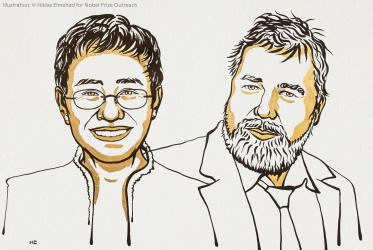Displaying 1 - 20 of 164
Faith Actors Reflect on Their Role in Reaching HIV Goals at ICASA
21 December 2023
Ecumenism in the Philippines means hope and resilience
22 August 2023
At assembly and beyond, WCC publications inspire and move
14 September 2022
WCC mourns passing of Rev. Dr Jose Pepito Manansala Cunanan
18 October 2021
WCC congratulates 2021 Nobel Peace Prize laureates
14 October 2021


